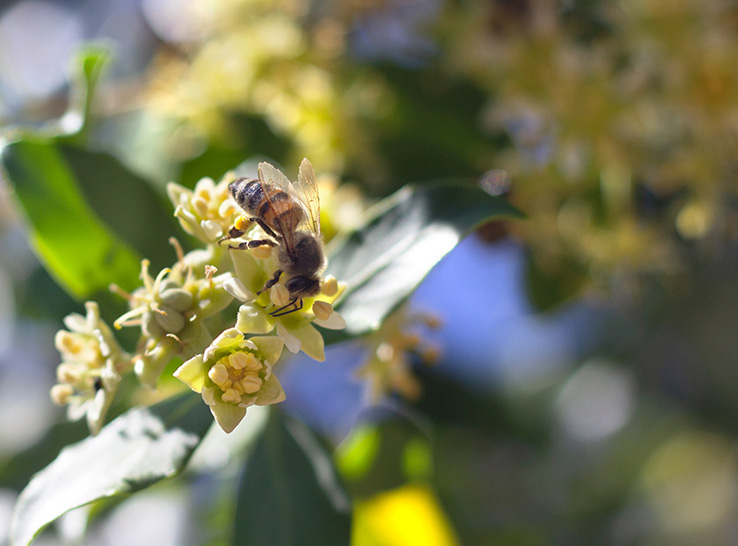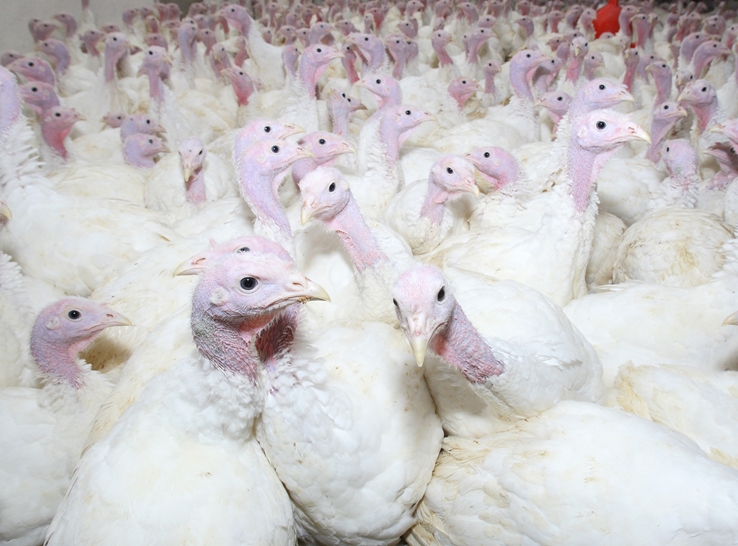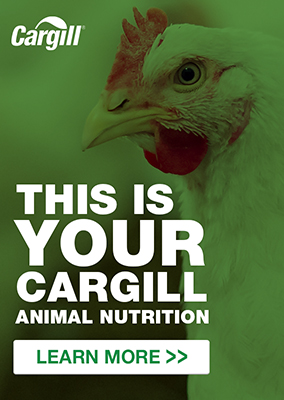Utilizing postbiotic feed additives in poultry diets could help producers find customized solutions to challenges facing the poultry industry, according to an expert in poultry gut health.
Vivek Kuttappan, DVM, PhD, Cargill poultry technology lead, said postbiotics — biologically inactive proteins, peptides or enzymes that are typically found in fermented foods — have been shown to have numerous benefits that support bird gut health, immune systems and overall productivity.
With the poultry industry facing increasing pressure to reduce its use of antibiotics and other inputs, postbiotics could have a critical role to play in sustainable production systems, he said.
Speaking on the Poultry Nutrition Black Belt podcast, Kuttappan said while most producers are familiar with prebiotics and probiotics, postbiotics are a “next level” additive that could help the industry overcome various production challenges.
“If you look at the underlying benefits [of postbiotics] there are two aspects,” he explained. “One is that postbiotics modulate immunity, so they can prime the innate immune response.
“This means when you apply vaccines to these birds, they have a more effective and accelerated immunity against those antigens, [while] the birds are more resilient to disease conditions in the field.”
‘Microbiome modulation’
The second benefit lies in “microbiome modulation,” Kuttappan said. Research has shown that postbiotics like Cargill’s Diamond V XPC® support the growth of beneficial bacteria in the gut, as well as reduce pathogenic bacteria like Salmonella and Campylobacter, which helps with food safety.
Performance trials have also shown that Diamond V XPC improved bodyweight, feed conversion and breast-meat yield in broilers and turkeys, while it also improved shell quality and hatchability in layers and breeders, he added.
To further improve the benefits of postbiotics, Kuttappan said current Cargill research was looking at the synergies between postbiotics and other additives like phytogenics, which help support digestibility in the gut.
“Research has shown using a combination of postbiotics and essential oil compounds [such as] Dia-VTM MBPRO…can accelerate the maturation of the microbiome in birds at a younger age, so they are more resilient to challenges in the field,” he explained.
“Most [feed additives] have benefits, but there will be gaps,” he added. “These gaps can be filled by looking at a synergistic product and [using it in combination to] develop more effective — and maybe more custom-made — solutions for different challenges out there.”
Editor’s note: Content on Modern Poultry’s Industry Insights pages is provided and/or commissioned by our sponsors, who assume full responsibility for its accuracy and compliance.








